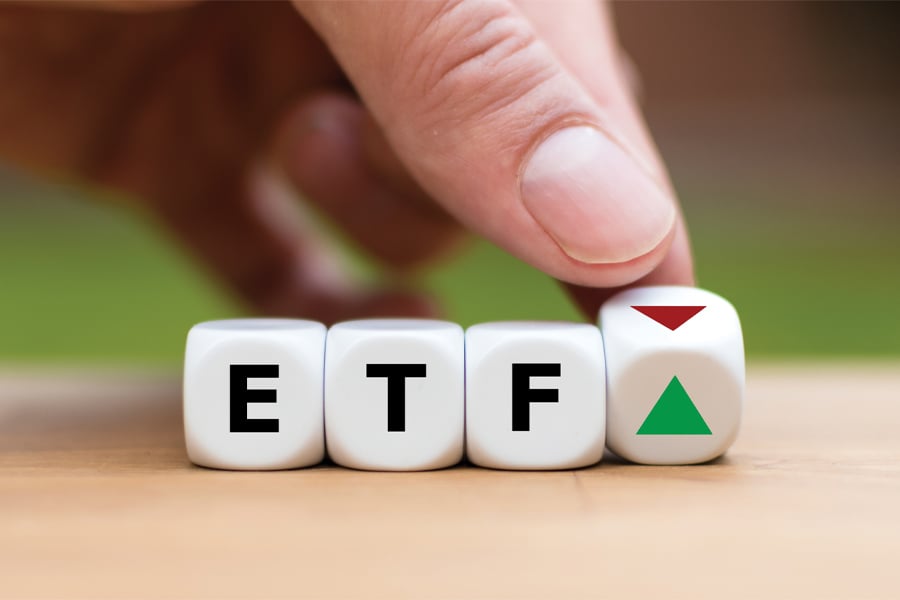

Avantis Investors recently launched three ESG ETFs, the first such options from the American Century-owned firm.
The products are the Avantis Responsible U.S. Equity, International Equity and Emerging Markets ETFs, the company noted in an announcement Wednesday. Those exchange-traded funds, which are listed on NYSE Arca, add to Avantis’s current line of 11 ETFs.
The new ETFs use ESG ratings from Sustainalytics and MSCI and screen out securities in numerous categories, according to the products’ prospectuses. Exclusions apply to companies with more than 5% of their revenues coming from oil and gas, weapons, factory farming, palm oil, tobacco, cannabis, gambling and adult entertainment. That also applies to companies with high carbon emissions intensity or de minimis revenue from thermal coal, as well as those without women on their boards, with low corporate governance scores or with ESG controversies.
Net fees for the new ETFs range from 15 basis points to 33 bps.
“We have priced these strategies in line with our conventional equity ETFs because investors hoping to incorporate their ESG considerations into their investment portfolios should not have to endure higher fees,” Avantis chief investment officer Eduardo Repetto said in the announcement.
The co-managers of the new ETFs are Repetto, senior portfolio managers Mitchell Firestein, Daniel Ong and Ted Randall, and associate portfolio manager Matthew Dubin.

Relationships are key to our business but advisors are often slow to engage in specific activities designed to foster them.

Whichever path you go down, act now while you're still in control.

Pro-bitcoin professionals, however, say the cryptocurrency has ushered in change.

“LPL has evolved significantly over the last decade and still wants to scale up,” says one industry executive.

Survey findings from the Nationwide Retirement Institute offers pearls of planning wisdom from 60- to 65-year-olds, as well as insights into concerns.
Streamline your outreach with Aidentified's AI-driven solutions
This season’s market volatility: Positioning for rate relief, income growth and the AI rebound
